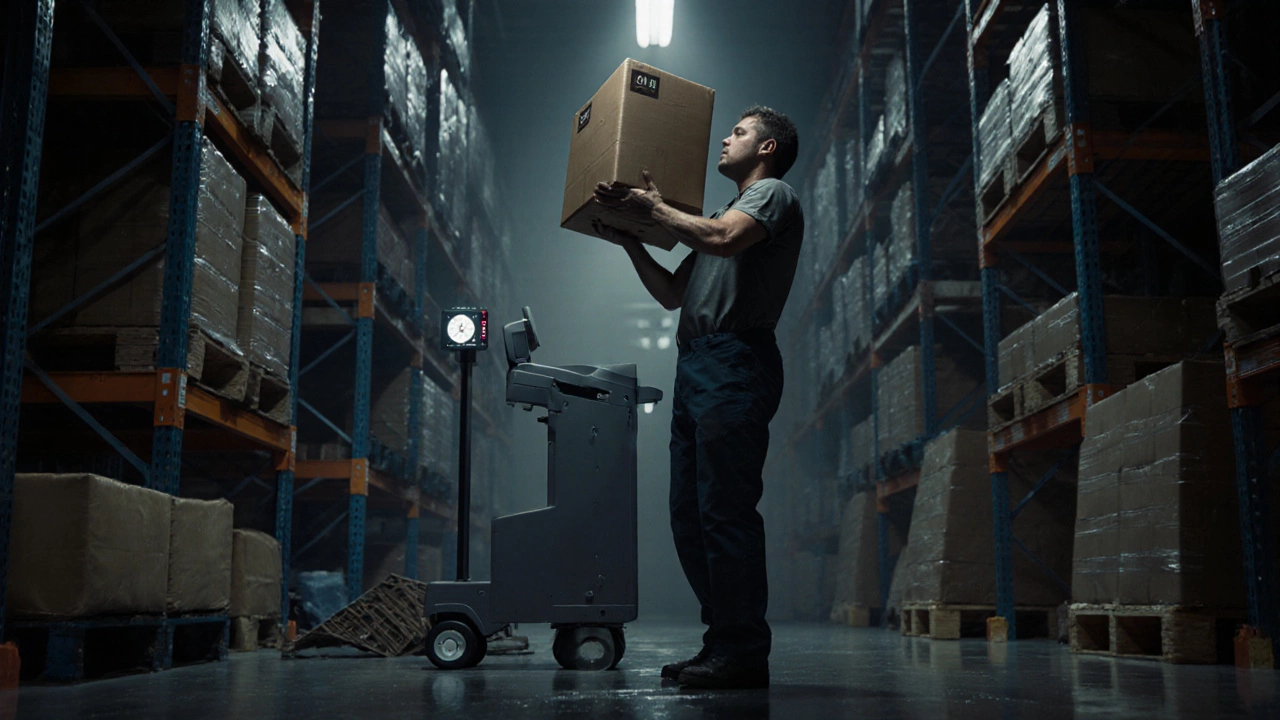Logistics Stress: Why It Happens and How to Manage It
When you hear logistics stress, the mental and physical strain from managing deliveries, inventory, and tight deadlines in a fast-moving supply chain. Also known as supply chain pressure, it’s not just about missing a delivery—it’s about the constant tension of keeping everything moving without breaking. This isn’t just a buzzword. It’s the reason warehouse managers lose sleep, freight forwarders skip meals, and drivers burn out before they’re 35.
Think about it: freight forwarding, the job of moving goods across borders, handling customs, and coordinating with multiple carriers is one of the most high-pressure roles in logistics. One missed document, one delayed truck, one customs hold—and the whole chain stalls. Meanwhile, warehouse operations, the daily grind of picking, packing, and shipping orders under tight time windows are getting faster, not easier. With same-day delivery expectations and automated systems that don’t pause for breaks, the pressure doesn’t let up.
And it’s not just the front-line workers. Even planners and coordinators feel it. A single delay in one part of the supply chain can ripple across departments, turning a quiet Tuesday into a crisis meeting marathon. The tools that were supposed to help—WMS, ERP, tracking software—often add more complexity than relief. People aren’t failing. The system is overloaded.
But here’s the good part: the companies winning in logistics aren’t the ones with the most trucks. They’re the ones who’ve figured out how to reduce stress before it explodes. They’re using better scheduling, clearer communication, and smarter tech that actually serves people—not the other way around. They’re training teams to spot early signs of burnout. They’re giving drivers buffer time. They’re letting warehouse staff take real breaks.
What you’ll find in this collection isn’t fluff. It’s real talk from people who’ve been there. You’ll read about why freight forwarding is labeled a high-stress job, how warehouse salaries reflect the toll of the work, and what modern tech is actually helping—not just adding another screen to stare at. You’ll see how companies are redesigning workflows to protect their people, not just their profits. This isn’t about fixing logistics. It’s about fixing how we treat the people who keep it running.
How Hard Is a Logistics Job? Real Talk on the Demands of the Industry
A logistics job is physically tough, mentally exhausting, and often unpredictable-but it’s also stable, rewarding, and essential. Learn what it really takes to work in logistics today.
Read More